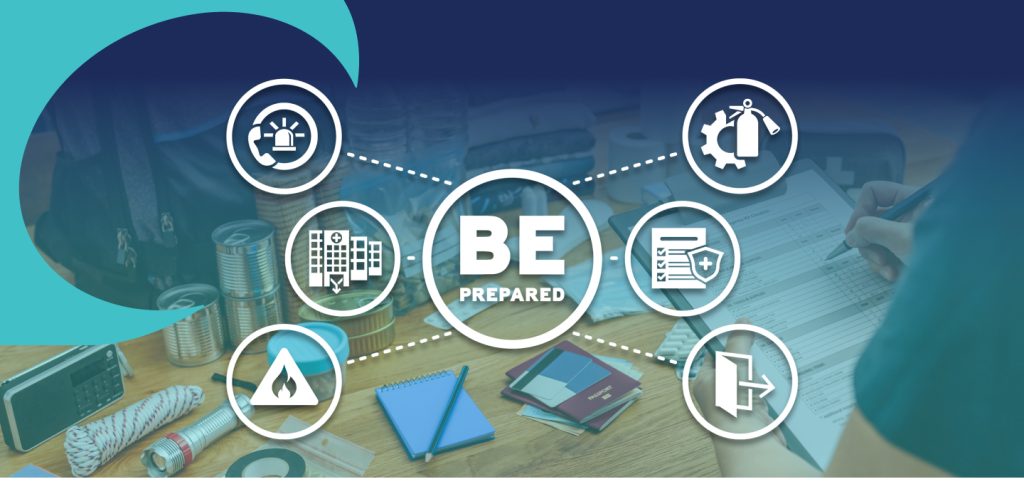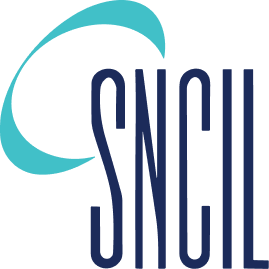
Let’s Become Our Own First
Responders…Together
Emergencies can happen at any time, but they’re less likely to have long-term consequences if you and your loved ones are prepared. For older adults and people with disabilities, having a plan in place is even more essential for ensuring safety and security in the event of a flood, fire, storm, power outage, earthquake or other emergency.
Here are four questions to consider that will help you prepare before, stay safe during, and recover after a disaster:
- What’s your plan? Visit this page, download an emergency plan, and fill it out with your own information and any special circumstances. Then print it out and post it someplace you can easily find it (like inside a kitchen cabinet) where you can easily review it and take it with you if necessary.
- Where’s your bag? You’ll want to have a Go Bag (or box) containing anything you’ll need if you have to leave your home for a few days. Download this list, think about what you’ll need every day, mark which items pertain to you, and then print it out to use in preparing your bag.
- Who is in your network? Talk to your friends and family members ahead of time to find out who you can help and who can help you, then share your plan with them. Get to know your neighbors. In addition to emergency preparation, this comes in handy for all kinds of reasons, from getting help shoveling snow to letting a neighbor know their dog got out! Use this downloadable form to keep track of your people and their contact information.
- When are you practicing? These details can be easy to forget as we go about our day-to-day lives. That’s why it’s important to practice on a regular basis, until it becomes muscle memory. Consider scheduling a family practice every six months when the time changes and you switch out the batteries in your smoke alarms.
This might seem like a lot, but don’t become overwhelmed. Just focus on one thing at a time until it’s all in place!
Emergency Search Form
This project made possible through a grant from the Department of Health & Human Services Administration For Community Living.
